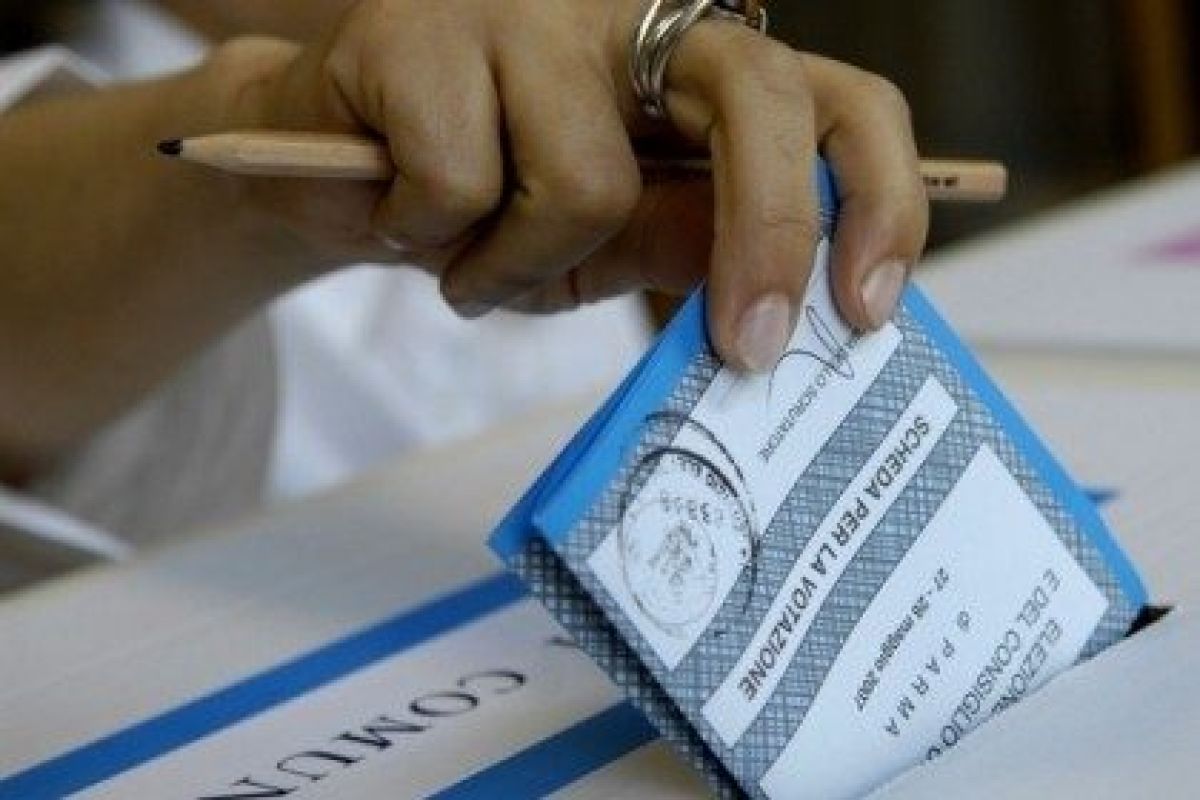
La carica dei candidati alle elezioni amministrative 2016
I comuni al voto.
I cittadini di 1.345 comuni eleggeranno i nuovi sindaci il prossimo 5 giugno.
Le elezioni amministrative del 2016 coinvolgeranno 13,4 milioni di elettori. Tra poche settimane andranno alle urne 1.175 comuni appartenenti alle regioni a statuto ordinario, mentre saranno 170 i comuni delle regioni a statuto speciale.
Tra questi ci saranno 13 capoluoghi di provincia con più di 100.000 abitanti: Roma, Milano, Napoli, Torino, Bologna, Cagliari, Bolzano, Trieste, Latina, Ravenna, Novara, Salerno e Rimini. 7 sono i capoluoghi di regione.
Tra i comuni più piccoli, invece, spicca Morterone, in provincia di Lecco, che, secondo l’ultimo censimento, conta appena 38 abitanti.
Gli elettori saranno chiamati a votare i sindaci ed i consiglieri comunali. Il numero dei posti disponibili, quindi la quantità di persone che comporrà il consiglio comunale di ogni municipalità, è stabilito dalla legge.
La normativa, per queste elezioni, si riferisce al censimento del 2011. In base al numero di abitanti del comune, regolarmente residenti, come certificato dalla rilevazione statistica, si determina quanti consiglieri servono per rappresentare la cittadinanza ed amministrare il territorio di competenza.

La carica dei candidati.
I numeri delle liste presentate nelle diverse città.
A Torino va il record dei candidati a sindaco, sono ben 16 a concorrere per la poltrona del primo cittadino. A Napoli, invece, il dato si concentra sulle liste, 46 in totale. La sfida che si terrà nei principali comuni italiani il prossimo 5 giugno, sarà certamente molto calda.
I numeri parlano chiaro e sono ovunque dello stesso tenore. Gli aspiranti all’incarico più importante della città sono 13 a Roma (erano 19 alle precedenti amministrative), 11 a Napoli, 9 a Bologna e Milano.
Le liste dei consiglieri sono tante, ma in molti casi addirittura meno del 2011, ovvero quando sono avvenute le ultime tornate elettorali comunali, fatta eccezione per il capoluogo campano. 33 liste a Torino, 34 a Roma, 17 a Bologna e Milano. Le elezioni amministrative 2016 contano numerosi candidati anche ai consigli comunali.
Roma, che uscirà dal commissariamento, offre 48 posti per il consiglio comunale, più 24 posti di consigliere di circoscrizione, in ognuno dei 14 municipi. Per cui ognuna delle 34 liste contiene circa 384 nomi. Oltre 13.000 candidati per meno di 400 posti.
Non sono da meno molti dei comuni italiani, fatta eccezione per quelli più piccoli, che in alcuni casi contano un unico candidato alla carica di primo cittadino.
Curiosità e preoccupazioni arrivano dai dati.
Le elezioni viste con la matematica.
Il 5 giugno si voterà ed il 19 giugno si terranno i ballottaggi nei comuni sopra i 15.000 abitanti in cui nessun candidato avrà ottenuto la maggioranza richiesta. Ma già ci sono i numeri su cui ragionare ed emergono curiosità e preoccupazioni.
La Lombardia ha il numero più alto di comuni che andranno ad elezione, 239, mentre la Valle d’Aosta, con Ayas, avrà un solo comune al voto. Roma risulta la prima provincia per numero di amministrazioni sottoposte al giudizio degli elettori, 44. 198 sono i comuni che escono da un’amministrazione straordinaria, 151 sono quelli sopra i 15.000 abitanti. 88.000 sono gli abitanti di Guidonia Montecello, il comune non capoluogo di provincia più grande nelle elezioni amministrative 2016. Il primato di elettori spetta alla provincia di Roma: 2.629.644.
A preoccupare è l’astensionismo. Nel 2011, il dato, su base nazionale, dell’affluenza era pari al 60,21%. Nel 2013 a Roma votò solamente il 52,81%.